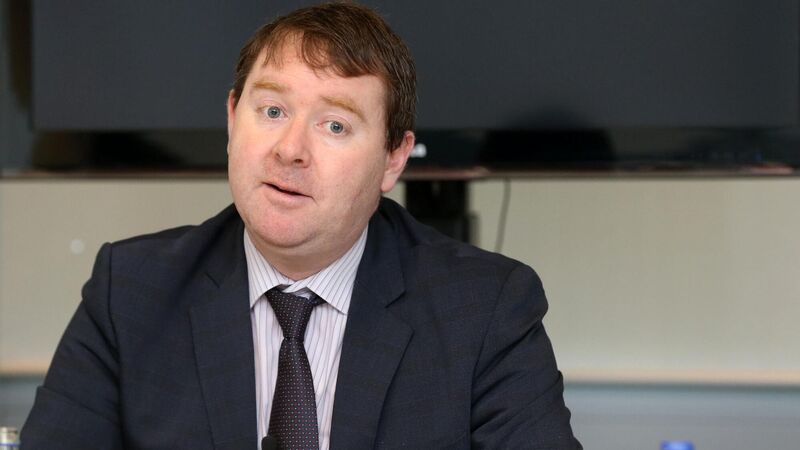New game by fiscal watchdog to highlight next government's 'abundance of resources'

Pictured Chairperson of Ifac Seamus Coffey. Photo: Sam boal/Rollingnews.ie
A new game developed by the Irish Fiscal Advisory Council (Ifac) will allow players to experience life as the Minister for Finance for the next five years.
"Finance Minister - the Game" aims to highlight the cash available to the next government, which the fiscal watchdog says is set to be "flush with resources." While Ifac does not play a role in costing manifestos or specific measures, it said it can assess the likely resources and pressures faced in the coming years.











